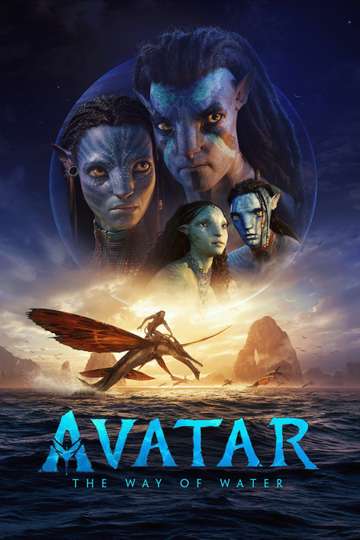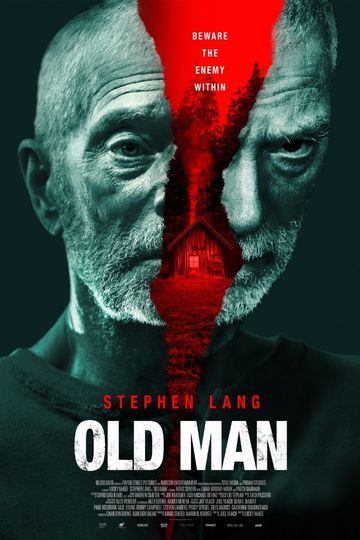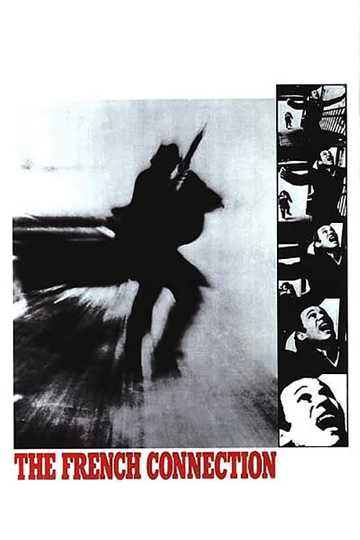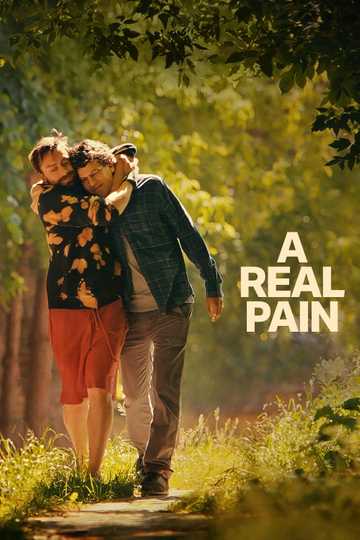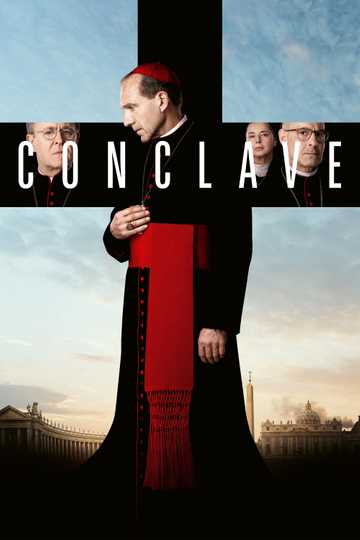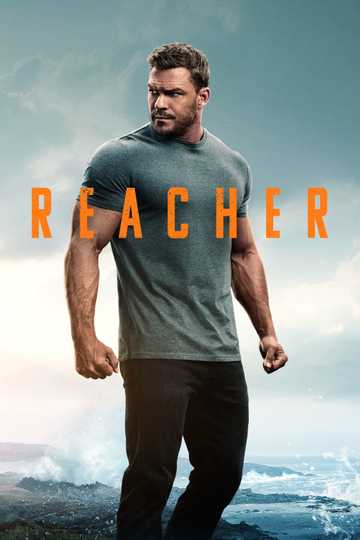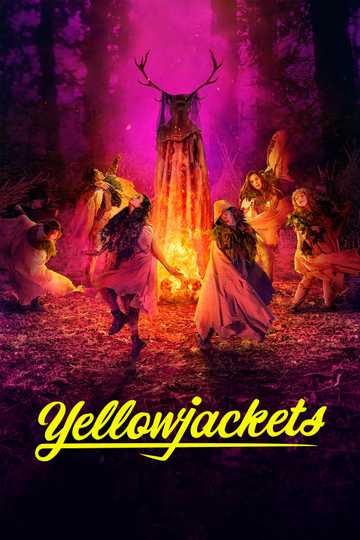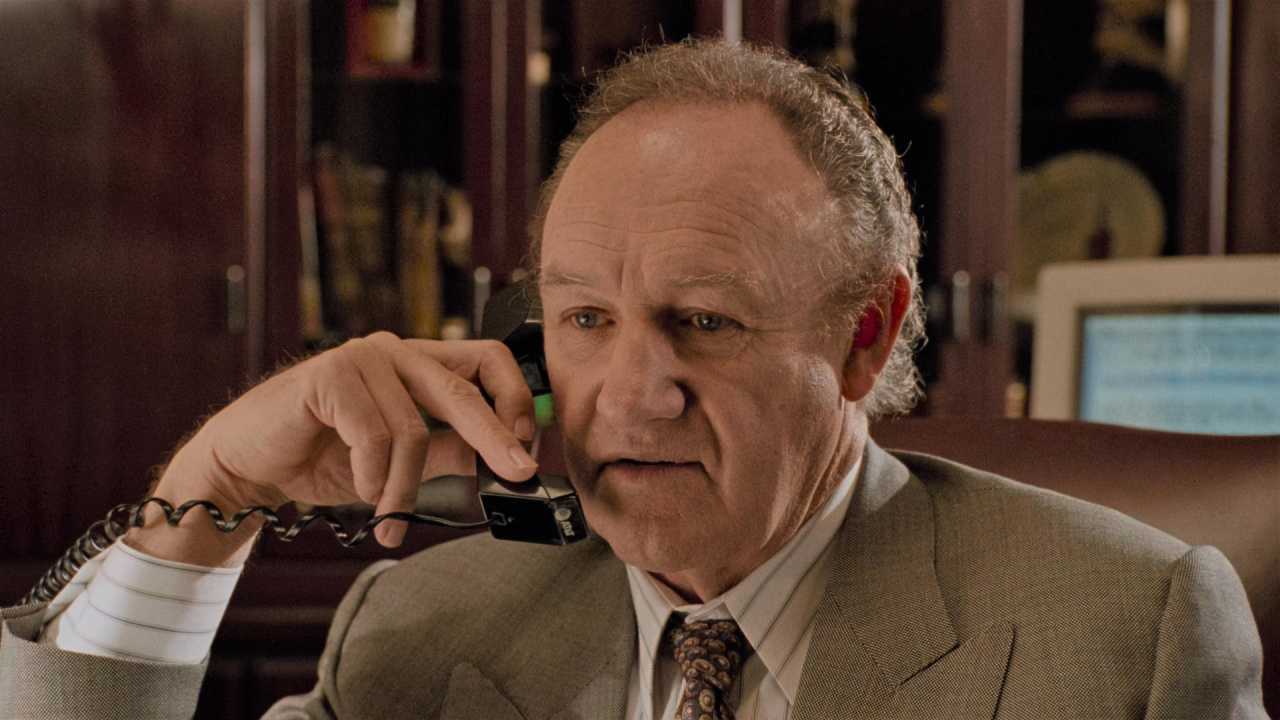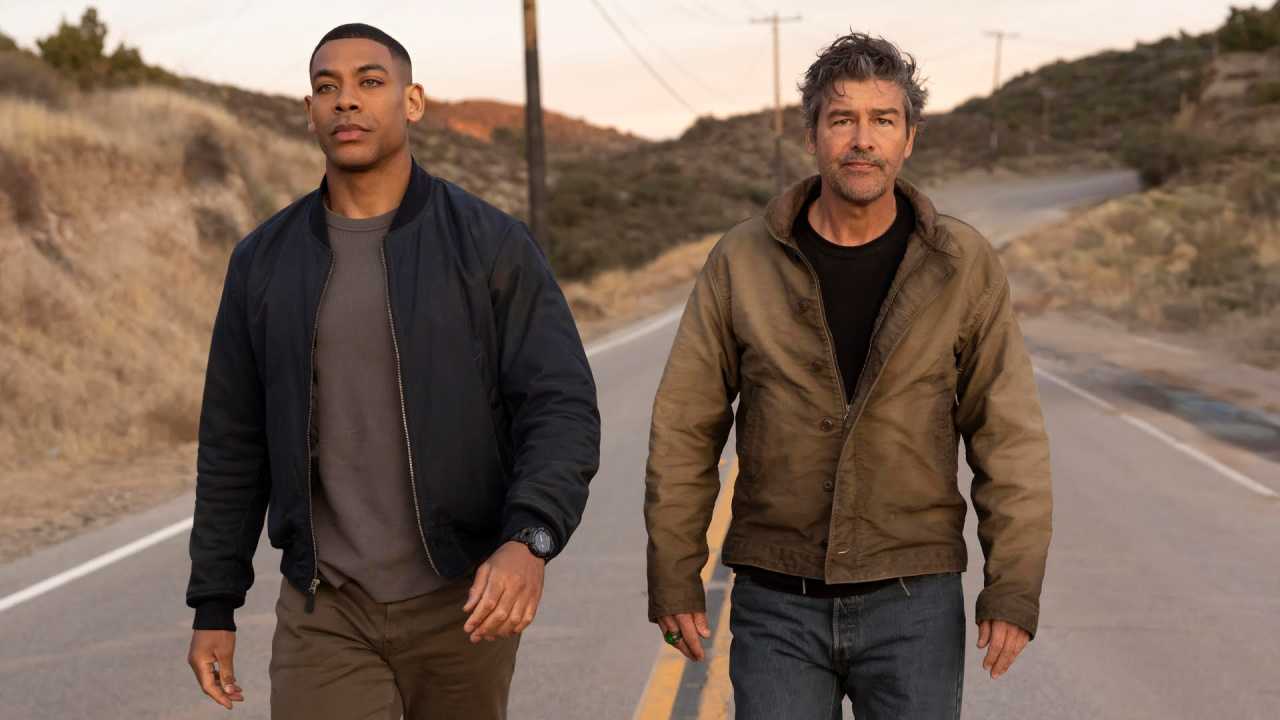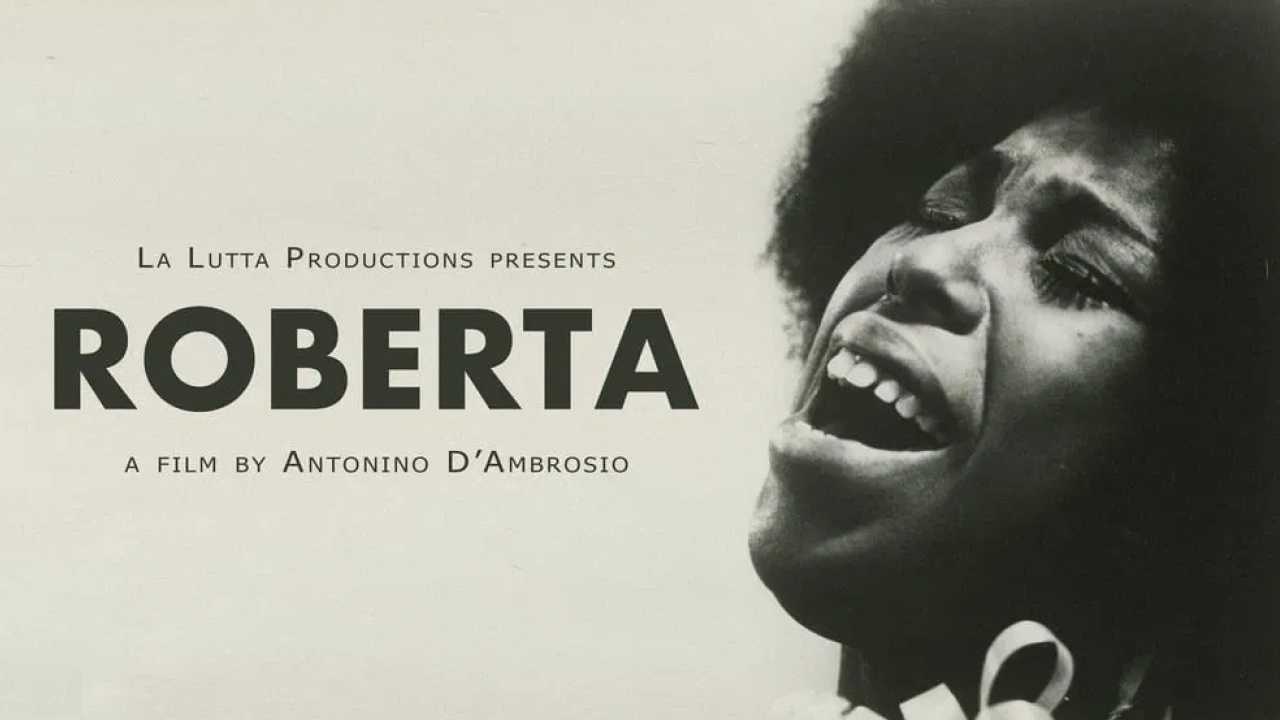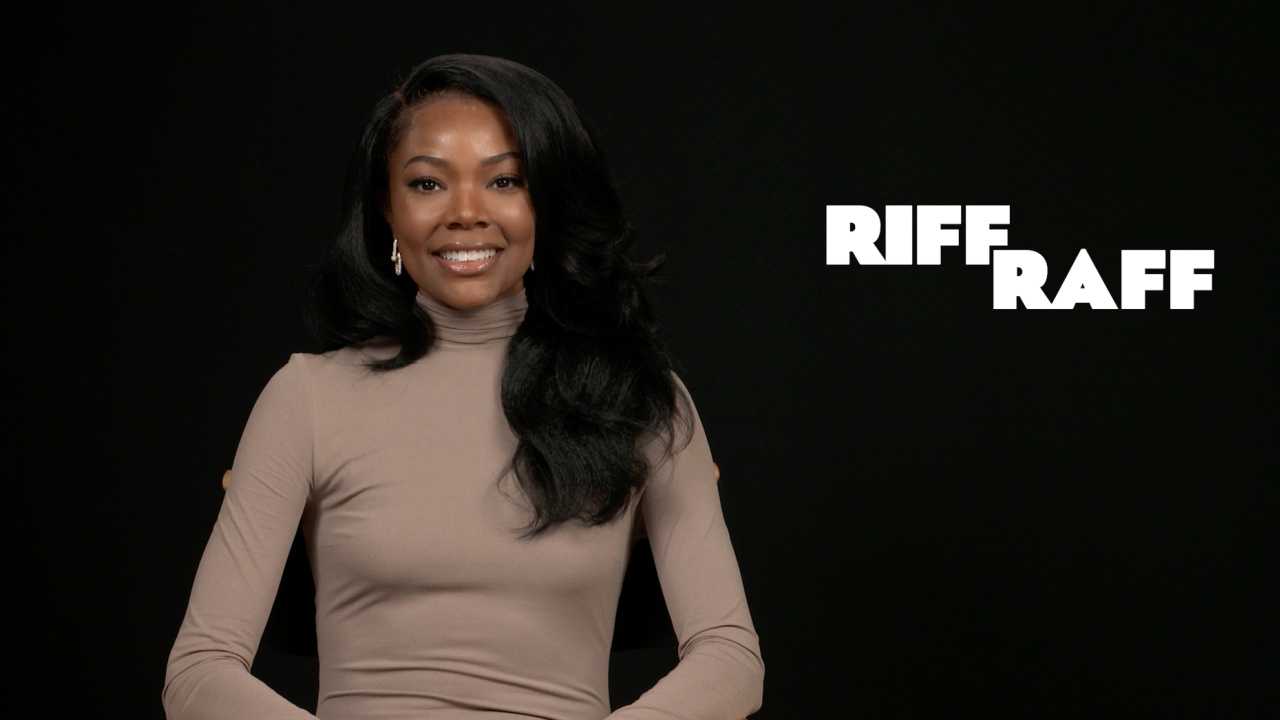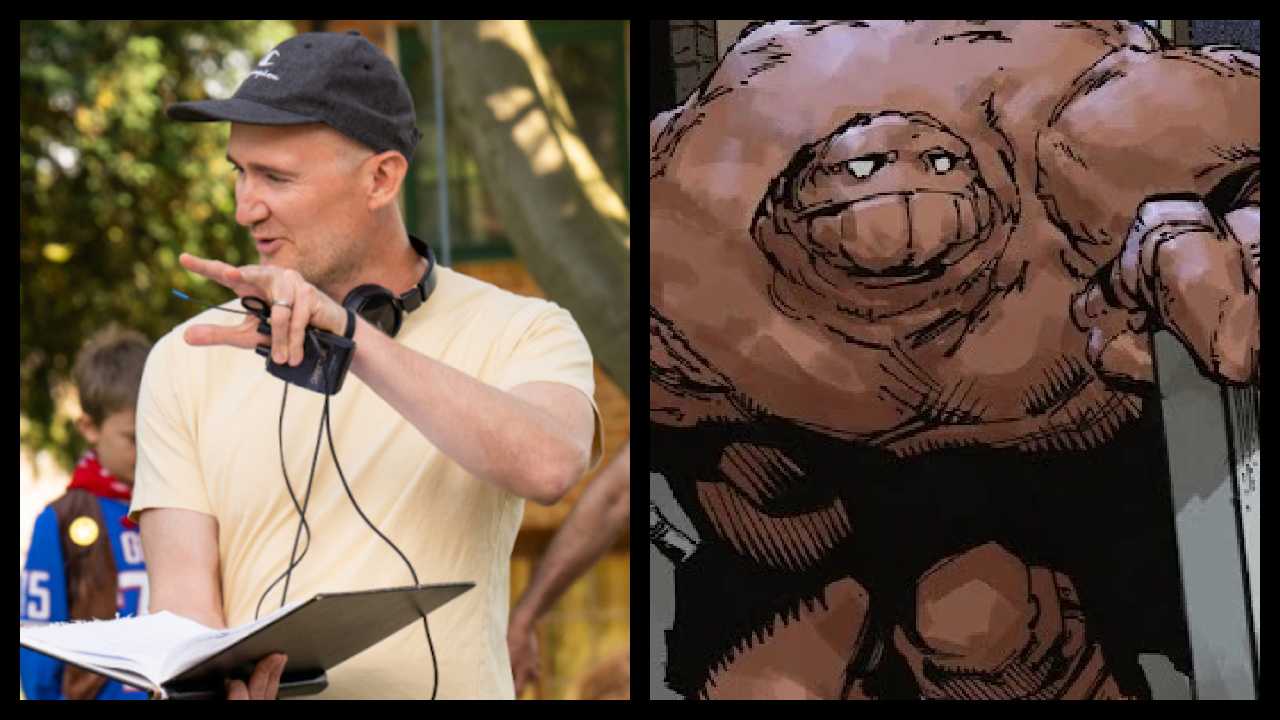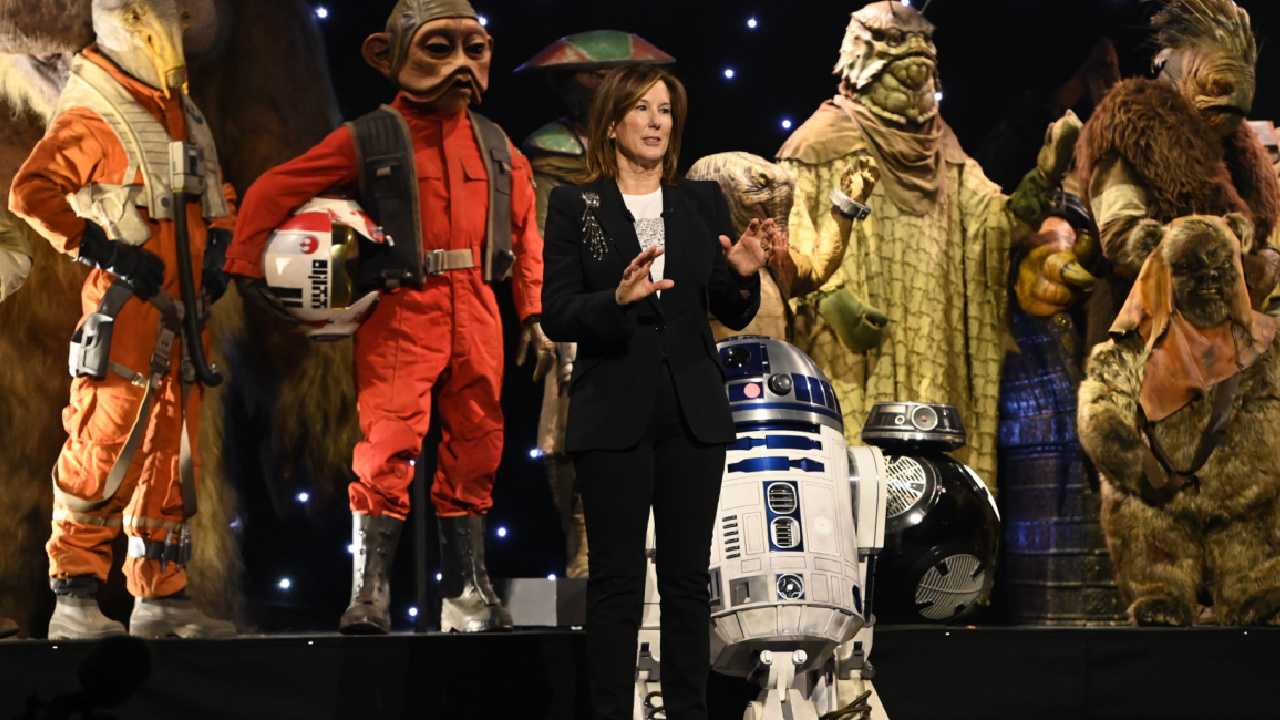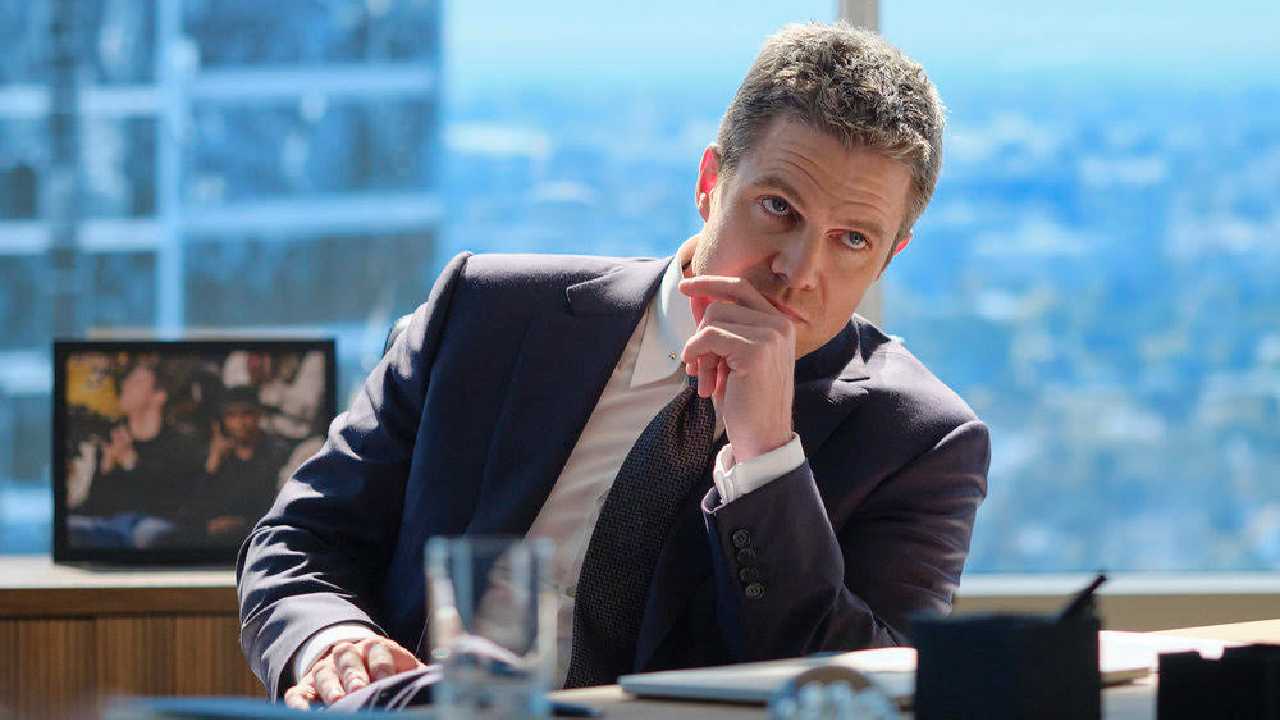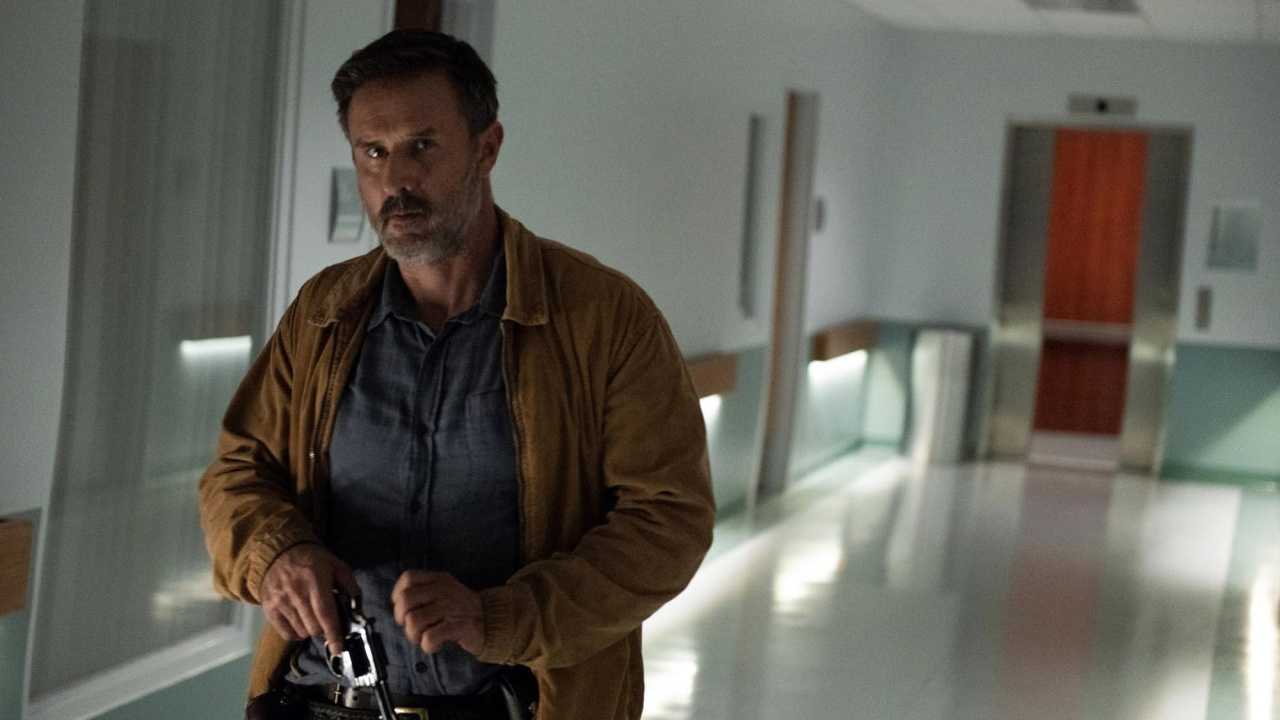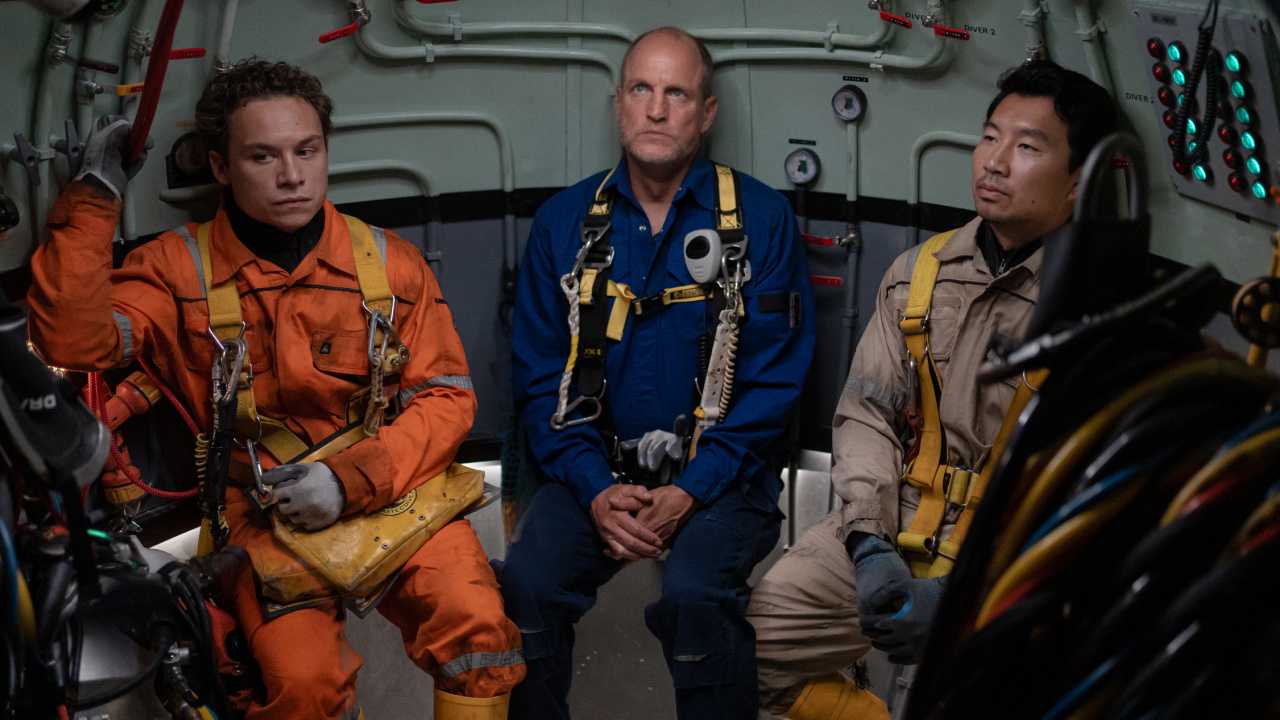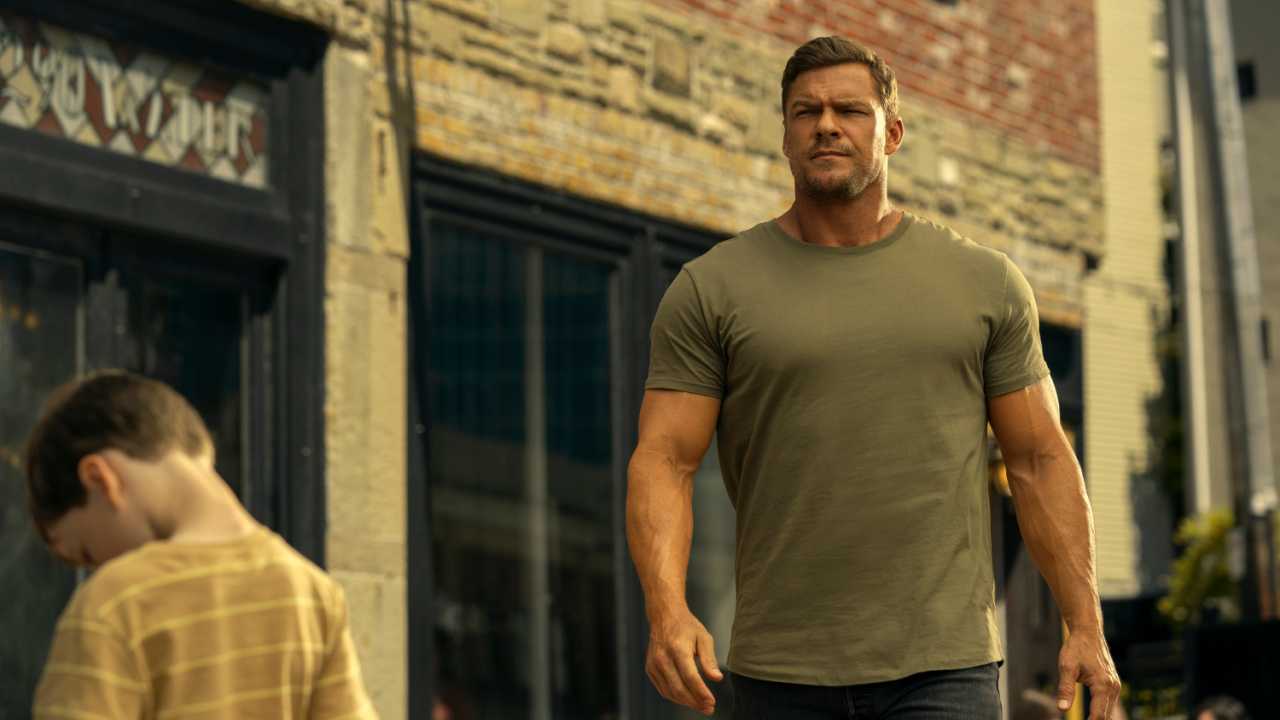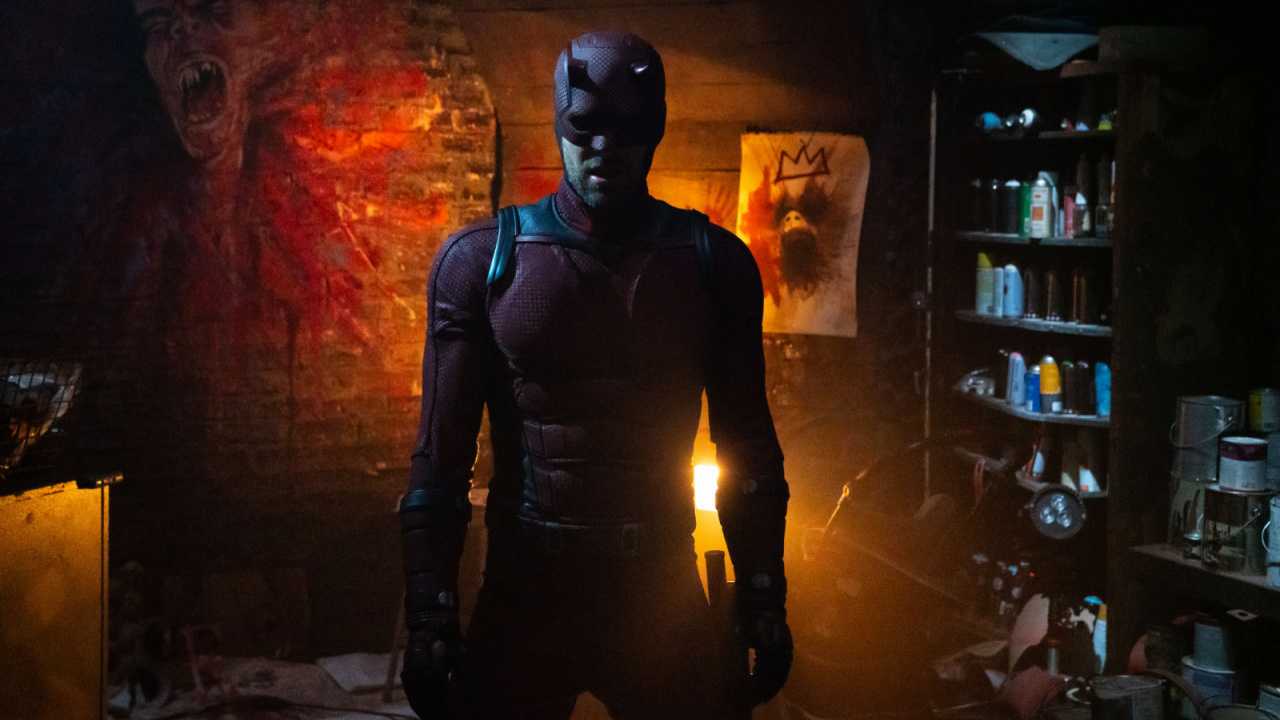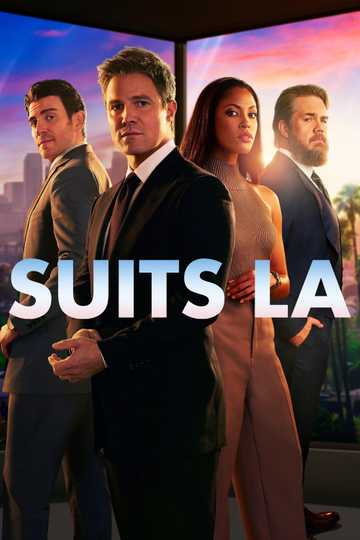Stephen Lang Talks 'Old Man' and Returning for 'Avatar: The Way of Water'
Moviefone speaks with Stephen Lang about ‘Old Man’ and ‘Avatar 2.’ “It's really one of the gifts of my life,” he said of returning to James Cameron's series.
Opening in theaters, on demand and on digital beginning October 14th is the new thriller ‘Old Man’ from director Lucky McKee (‘All Cheerleaders Die’).
The movie stars Marc Senter (‘Starry Eyes’) as a hiker who while lost stumbles across a cabin in the woods. Inside, he meets an erratic old man (Stephen Lang) who brings him into his own personal nightmare.
Actor Stephen Lang has appeared in dozens of popular movies including ‘Manhunter,’ ‘Tombstone,’ ‘Public Enemies,’ ‘Don’t Breathe,’ and most recently ‘The Lost City.’
But he is probably best known for his role as Colonel Miles Quaritch in director James Cameron’s ‘Avatar,’ a role he will soon be reprising in the upcoming ‘Avatar: The Way of Water,’ opening in theaters on December 16th.
Moviefone recently had the pleasure of speaking with Stephen Lang about his work on ‘Old Man,’ his first reaction to the screenplay, his unique character, his acting process, working with Marc Senter, reuniting with James Cameron for the upcoming ‘Avatar’ sequel and reprising his role for ‘Avatar: The Way of the Water.’
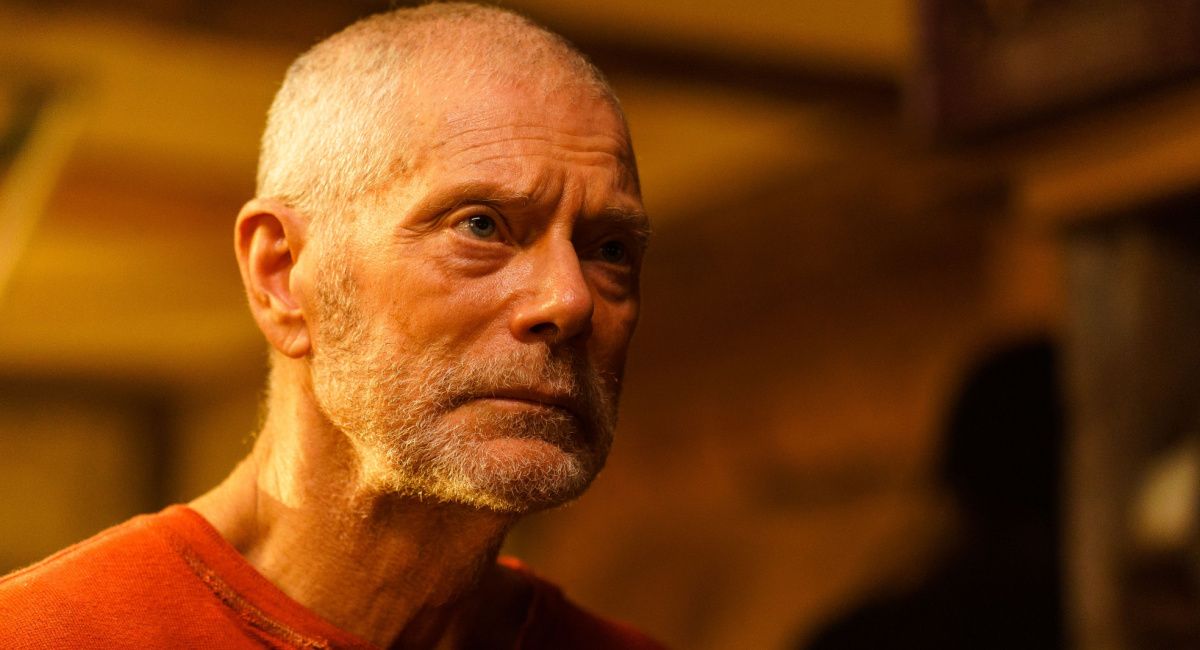
Stephen Lang stars in 'Old Man,' which was directed by Lucky McKee.
You can read the full interview below or click on the video player above to watch our interview with Stephen Lang.
Moviefone: To begin with, how did you got involved with this project and what was your first reaction when you read the screenplay?
Stephen Lang: I was sent the script and I think Lucky (McKee) wrote me a nice letter and so I thought I'd give it a shot. I sat there and read a couple pages, decided to read a couple more pages, then a few more pages. Then finally I decided to read the whole thing to find out what the hell was going on because I was having a hard time making heads or tails of it. But by the time I was done, I still didn't know what it was about, but I knew it was interesting and I knew it was challenging.
MF: What was your approach to playing the character and what were some of the themes that you excited to explore with this film?
SL: Well, I think one of the things we spoke about early on was one of the things that the script did convey very powerfully, which was atmosphere, just a sense of atmosphere. Forget about story for a minute. The story was there somewhere threaded in there, it seems to me. But I found it to be interesting just in terms of the physical atmosphere that was being delineated in the script.
I also felt that the verbal quality of it was really fascinating because there's something almost like Lewis Carroll about the way the words are getting just thrown out there. I began to think of Allen Ginsberg a lot as well because there was this quality of just rage and howl coming out of this character.
But what we began to talk about it, Lucky and I, right away said Andrew Wyeth, and that there was very much a feel of the paintings of Andrew Wyeth. What you see very often is a very specific country setting, and there's something incredibly foreboding about it. There's always something really kind of foreboding is the word, and I felt that was in this script.
So, all the things I've just described to you, Lewis Carroll, Ginsberg, Andrew Wyeth, they're all kind of talking around the subject as it were, without defining exactly what the subject is. But it was enough to go on, it was enough to make me feel, well, those are all interesting associations, so let's get together and actually see what this thing is about.

(L to R) Patch Darragh and Stephen Lang in 'Old Man,' which was directed by Lucky McKee.
MF: Do you often draw inspiration for a role from music, art or literature as opposed to just taking your inspiration from the script?
SL: I think a lot of times you do. You look for something particular and It can be anything. It can be a song, it could be a line from another movie. I mean, it could be a lot of things. It could be a stone in your boot. I mean, there's all kinds of things that it could be.
I don't recall ever responding to a script exactly the way I responded to this one. I wasn't afraid of it, but I was slightly confused by it and intrigued by it. It gave me a desire to see if I could learn the language that this guy was speaking, to see if I could understand where he was at. But you're always successful up to a degree.
MF: Can you talk about the Old Man’s reaction when he meets Joe?
SL: Well, you don't go out in the woods like that and isolate yourself with the expectation that anybody's going to come call. Generally speaking, if people do come call, it will be a government man, the DEA drug agents or something like that. In any case, there's pretty much nobody that's going to come there that the old man really wants to see.
I'd say that the odds are stacked against Joe from the get go, but he earns his way in. That's a testament, I think, to the way that Marc Senter plays the role, which is extremely absorbent. He brings a tremendous innocence to it and a lot of very raw emotion, which has its effect on the Old Man because he is human. He's reachable in his way.
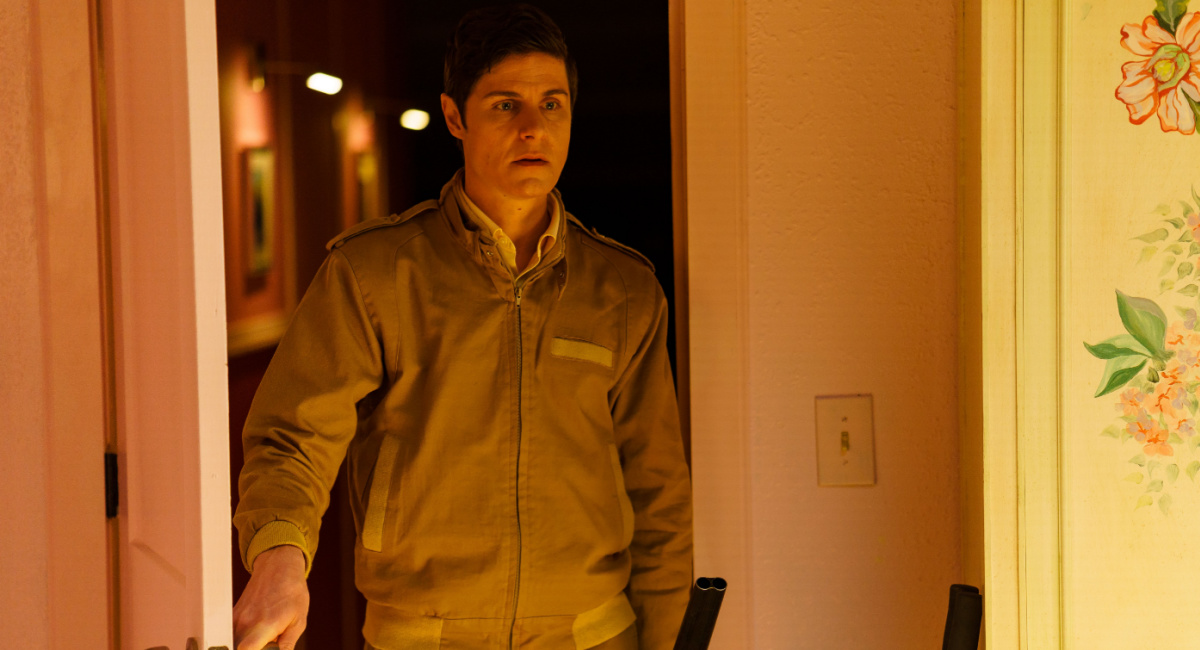
Marc Senter stars in 'Old Man,' which was directed by Lucky McKee.
MF: Most of your scenes in the movie are with Marc Senter. What was it like working with him and did it ever feel like you were doing a play because it was just the two of you on set?
SL: I mean, it did. Definitely it would be unavoidable when you read the thing. You see it yourself. I think (screenwriter) Joel (Veach) might have written this as a stage play first and then put in some movie stuff. I can't remember if that's the case or not, but definitely, it works well as a play. There's no question of that. Marc is a very accomplished actor and a really great scene partner. He'll try anything.
I would say that between Marc, myself, and Lucky, we really just had a lot of fun trying to move the pieces around and find out how things work best, and where they work best. A lot of it is mechanics in a way because if you get the mechanics right, then you can just lose yourself in the material. You know what I mean? Not make too many decisions, let the decisions organically make themselves, because it's only film and it's not even film anymore. You can just keep going, and keep the rehearsal going.
MF: Finally, what was it like to work with James Cameron again on ‘Avatar: The Way of Water?’
SL: It's a gift to me. It's really one of the gifts of my life. In fact, not just my career, but my life, to be able to work with Jim and with the rest of the team. They're so talented and such decent and humane and good people to work with. I think we all have a sense of being grateful to be in each other's company.
And nobody's more grateful than I am about the whole thing. We're really gratified with the reception that the re-release has gotten, which has been nothing short of glowing. So, that's a nice indicator. So, we stand with open hearts, full of expectation.
MF: Since your character seemingly dies in ‘Avatar,’ were you surprised to get the call to return for the sequel?
SL: I'm always surprised that anybody calls me for anything. He was pretty clear about his feelings for the character and the work that we had done together. So, I mean, I was honored to be part of the team, and continue to be.

Courtesy of 20th Century Studios.
